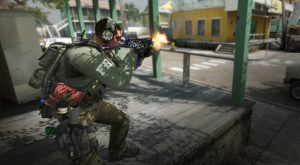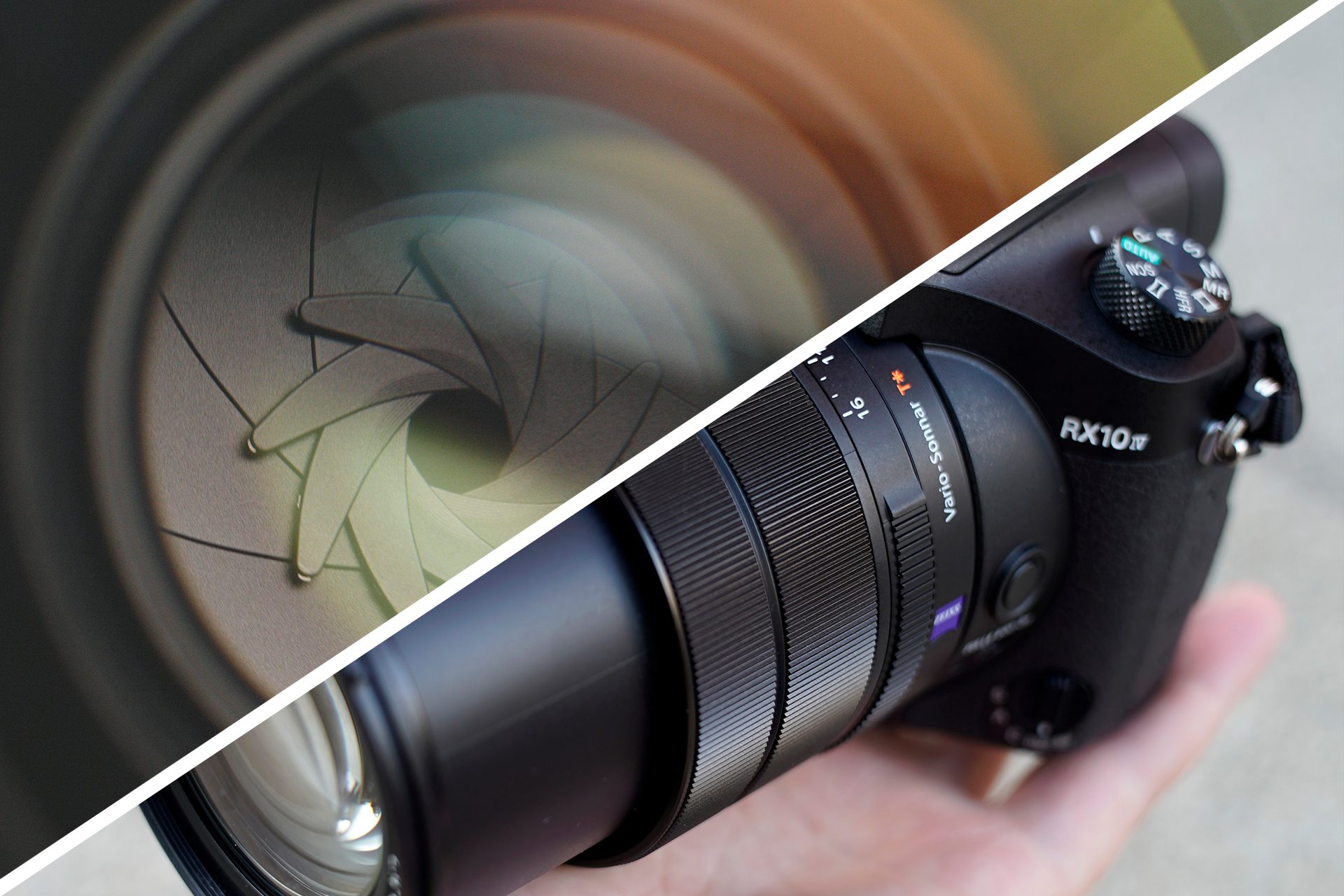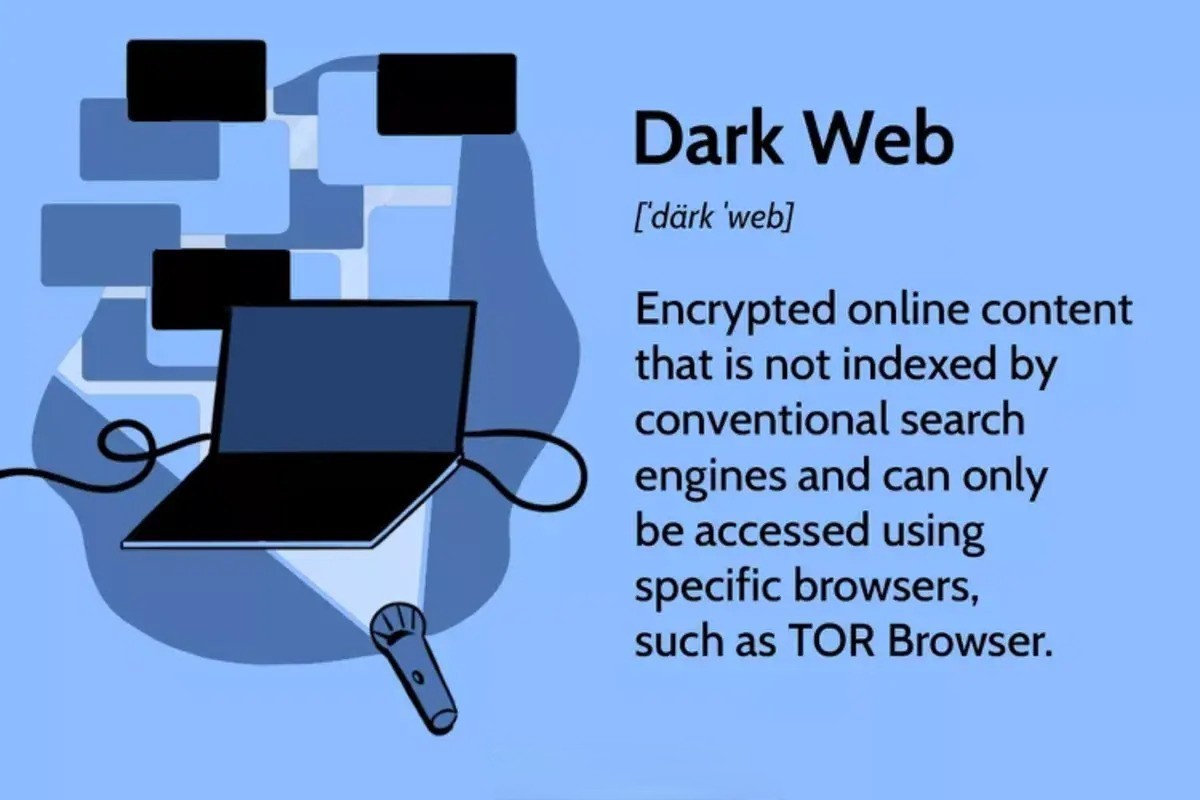When Yacht Club Games created Shovel Knight, they inspired others to do what they’ve done before. That is, to innovate, and create more retro Metroidvania-style games for people to enjoy. There’s a market for it, and a lot of people want to play games that challenge them and take them down memory lane at the same time.
This is why it’s not a surprise that Yacht Club Games released Cyber Shadow, early this year. It is one of the more inspiring takes on this style of game, and a great indie title to boot. In this piece, we’re going to talk about what Cyber Shadow is and take a look into its development. We’ll also look at how it fares in today’s gaming landscape.
What is Cyber Shadow?
Cyber Shadow is an action-platformer side-scroller video game published by Yacht Club Games and made by Mechanical Head Studios, an indie developer based in Finland.
If we’re being accurate, the game is created by Aarne Hunziker. Coincidentally, he is the only member of Mechanical Head Studios at that point. Cyber Shadow made its debut at PAX East 2019. With the game already in development years before that point as well as silently announced before the event. The game has several stated inspirations from other video games similar to it like Ninja Gaiden and Castlevania.
How Was The Game Developed?
As stated, the game’s sole developer is Aarne Hunziker, who has already been developing Cyber Shadow for years all on his own. At first, he had no plans of joining with a publisher, and thus, wasn’t advertising his game yet. Yacht Club found him while he was posting about the game’s development on his Twitter account. After which, they later convinced him to “join their little family.”
While the game development side of things is handled by Hunziker, that doesn’t mean that he did all of the work by himself. The game’s music is produced by Jake Kaufman and composed by Enrique Martin. Yacht Club also gave Hunziker design feedback in addition to their publisher role. Yacht Club’s previous developer experience when they were creating Shovel Knight were instrumental in polishing the game further.
Hunziker has stated that the game is something that fuses the level design of Mario games, the sheer amount of skills, abilities, and actions that Ninja Gaiden brings, as well as Contra’s enemy design and Batman’s dark visual aesthetic. However, he’s also stated that Cyber Shadow was deliberately intended to be more of a callback to an older classic by the name of Shadow of the Ninja.
What Kind Of Game Is It?
The game is an action-platformer side-scroller that hearkens from the old Ninja Gaiden games of yore as well as titles like the Castlevania and Mega Man. Overall, the game is its own beast and is possibly one of the best indie games to ever come out of a developer right now.
Release Date
Cyber Shadow was initially released on January 26, 2021, for PC, PS4, PS5, Xbox One, and the Nintendo Switch.
Cyber Shadow Review


As a start of this review, we would just like to say that Cyber Shadow will most definitely kick your behind. This old-school platformer action title will either grind you to dust or turn you into a better gamer. In a way, this is similar to the classic old school series such as Ninja Gaiden and Shadow of the Ninja that inspired the game. As is expected out of NES staples, the fun of these games is in attempting to overcome that steep and difficult challenge. This approach to game design is similar to what Dark Souls is today.
Gameplay


In terms of gameplay, the game is incredibly old school, and puts incredible emphasis on dodges, jumps, and slashing at the opportune moment. For some reason, for a game about ninjas, there’s no mention of wall climbing to speak of, at least at the start of the game. You can almost feel the smirk on the developer’s face when you see that there’s nothing of the usual ninja stuff at first. From there, Shadow will fight and defeat bosses in the game’s chapter to get new abilities. These new abilities will then build upon each other, allowing the game to ramp up the gameplay in earnest. Awesome level design in general.
Now to be clear, the game’s level design isn’t exactly similar to a Metroidvania game. It just looks like it. The aforementioned chapters that the game consists of are broken down into specific themes and areas. You have the ability to backtrack through the use of fast-travel terminals placed around the areas, but this isn’t the only thing you can do in these terminals. They allow you to use new abilities and powerups you got from levels you already cleared. And through those new abilities and powerups, you can locate even more powerups and stat boosters.
In addition to this, the game also cleverly employs shortcuts. This is done by connecting each area of the game into itself. The way they’re connected is similar to how the first Dark Souls games connect their world, and it’s very much in the realm of possibility to not see the game in its entirety by the time you finish it. This, of course, leads to people getting more motivated to complete it.
Feats
Other than these though, a particular facet of Yacht Club Games makes a reappearance in Feats. Feats are either a completionist’s wet dream or their worst nightmares come to life. These Feats can range from the most mundane, like getting various skills, or the most difficult, like reaching a boss without killing an enemy. The latter feats are an utter pain in the neck for a lot of players, so it’s fully expected that you won’t be able to finish all of them. However, for the most dedicated, they’re badges of honor.
Examples of the more difficult feats that Cyber Shadow has to offer include:
Pacifist
The example that we’ve mentioned before. The goal is simple: get to the boss, specifically the Smasher, without killing anything. From the most mundane fly to the tough enemy, you have to keep them all alive. You can’t hit them at all, thus, you need to rely on your dodging skills if you want to survive.
Airtime
This one might look easy, but it’s a lot harder than you think. You only need to stay airborne for 30 seconds. This might sound easy, but don’t be fooled: you’re going to need a lot of skill to pull this off. Perhaps, even a few of the game’s skills might help in the attempt as well.
Fast As Lightning
The last of the Feats that we’ll talk about is Fast as Lighting, which asks for one thing only. The player needs to beat the game on Normal Difficulty in under three hours. This is one achievement that needs complete knowledge of the game and how it plays to accomplish. If you don’t finish in the allotted time, you need to start again. If you’re going for this achievement, the only thing we can say is to wish you good luck.
Controls
Control-wise, the game is pretty responsive compared to the games that it’s referencing. It fuses modern conveniences with the retro style aspect that it seeks to emulate and improves upon it a lot.
At first, you can only move left, right, up, and down, as well as attack with your katana. Other than that, you need to find powerups and other utility weapons as you progress the game. Some of the more useful ones include a shield that blocks attacks and sometimes reflects them and a buzzsaw you can control with your movement. The game gives you the tools for Shadow to survive the harrowing hordes that the game will throw at you. You have carte blanche which ones you wish to use to get to the end.
However, having carte blanche on what you want to do and use to attain victory doesn’t mean you can’t be careful. There are a lot of things in the game that can—and will—kill you. Precise control over Shadow is needed to achieve victory. You’ll eventually get some cool abilities later on in the game, some of which will change how you move in previous and later levels.
Graphics


The game nails in the head the era it wants to show the player, thanks to a great 8-bit presentation and stylish animated cutscenes. It’s a great representation of the classic Ninja Gaiden games, graphics-wise. Moreover, there’s even a mode where you can make the game look as if you’re playing on a CRT TV, which is a nice touch of nostalgia for some of our older gamers.
The colors of the game are great as well; enemies have distinct designs for you to recognize them. You can see what’s okay to step on and what’s not. Powerups and other collectibles can be seen clearly. The game’s a treat to see play out with your own eyes. And thanks to the graphics, it’s also a treat to play as well.
Sound/Music
The game’s sound and music design is cool and evocative of the old school platforming games of the past two decades. It’s nostalgic, but still has that bit of techno/cyberpunk aesthetic to it that gets your heart pumping. The OST and music are composed by Enrique Martin and produced by Jake Kaufman of the Shantae Series fame. These songs make each of the game’s levels have its unique vibe and appeal. Other than this, enemies have distinct death cries when they die, and Shadow’s attacks are heard in the music.
Setting/Story


There isn’t much to Cyber Shadow’s story. To be fair, the lack of a story is not a slight against it. It’s hearkening back to the old days, where gameplay is king and story isn’t seen as important. However, some things in the story do stand out, at least, in terms of its setting and its themes.
Cyber Shadow is set in a far future where the world is overrun by both cybernetic and synthetic lifeforms. You take on the role of Shadow, a cyborg ninja who awakens into this far future with no clue as to how he’s still alive. It’s then up to you to find out what happened to your ninja clan, find your master, and defeat the big bad. You’re here to be a ninja and kick ass; the story is irrelevant. Get your katana and get to work.
World/Environment


The game’s world and environment are incredibly top-notch. There’s a lot of things that we can point out to drive the point home. But if you want a better reason why this is the case, look at the game’s levels.
Cyber Shadow has 11 chapters to its name, and each chapter has its visual appeal in its world. For one, the first chapter is set in a sewer-like area filled with monsters. It’s great since you’re still new to the game and you pretty much have no idea how to do stuff. It is a tutorial level of sorts to get you used to the fundamentals.
After clearing the first level, the game steadily ramps up in intensity. It begins to add in more traps and enemies for Shadow to defeat. These can range from the usual things like your typical mechs to more organic traps like an encroaching purple slime spike wall. All this and a whole lot more to make sure that Shadow doesn’t get to his objective in one piece. It’s up to you to plan your way through these obstacles and complete Shadow’s mission. Save his clan, find out what happened, and defeat his enemies.
Should Gamers Buy this Game?
If you’re a fan of the original Ninja Gaiden games and other side-scrolling platformers, you should check out Cyber Shadow. The old-school graphics and gameplay, combined with modern conveniences like checkpoints, give the game a tough yet fair aesthetic that both hardcore and casual gamers can enjoy. If you’re feeling like you want a challenge that hearkens from the old days of gaming, then definitely pick up Cyber Shadow.
Comparing Cyber Shadow To Other Side-Scrolling Platformers
Now that we’ve talked about how great Cyber Shadow is, let’s talk about how it compares to other side-scrolling platformers.
Dead Cells
In terms of setting, Cyber Shadow and Dead Cells are incredibly different. The former is about a far future with cyborg ninjas and robots that conquered the planet; the latter is high fantasy with an organism possessing a dead body to make its way to the end of the game, possessing another body when the previous one dies. One is a linear game, with all powerups, upgrades, and other essentials being retained to help Shadow fight his enemies. The other is a roguelike, where caution is the name of the game, and death means a reset and yet another run.
Both games are different in terms of their core gameplay loop. Dead Cells is a game that you can build on based on how you build the character on a particular run. After unlocking items and other powerups, you will then be able to use them on future runs when you encounter them. Fundamentally, both games are different ways to approach side scrollers, each with its unique appeal.
In short, Cyber Shadow is a linear, enjoyable experience that you can finish in less than 10 hours. Dead Cells, on the other hand, is a gift that keeps on giving. You have many ways to outfit the character there, from different weapons, items, stats, and more. The sky’s the limit, and you can create your own style of gameplay. The only thing you need to do is work towards that build.
Celeste
Celeste, on the other hand, is a game that puts more emphasis on exploration as well as puzzle solving. It doesn’t have any combat in it, making it shine as one of the best platformers of its generation. Both games put a lot of emphasis on platforming, are incredibly hard, and requires precise moves if you want to survive. Careful mapping and knowledge of the area are needed if you want to thrive in both games, and death is almost certain if you screw up.
Both games have their niche in the platformer genre. For those that want more action alongside their platforming, Cyber Shadow is their game. For those that want emphasis on exploration and movement, Celeste is the better title to take. Both games have their styles when it comes to graphics as well. Cyber Shadow is inspired by Ninja Gaiden while Celeste is more hand-drawn and whimsical in its style.



























